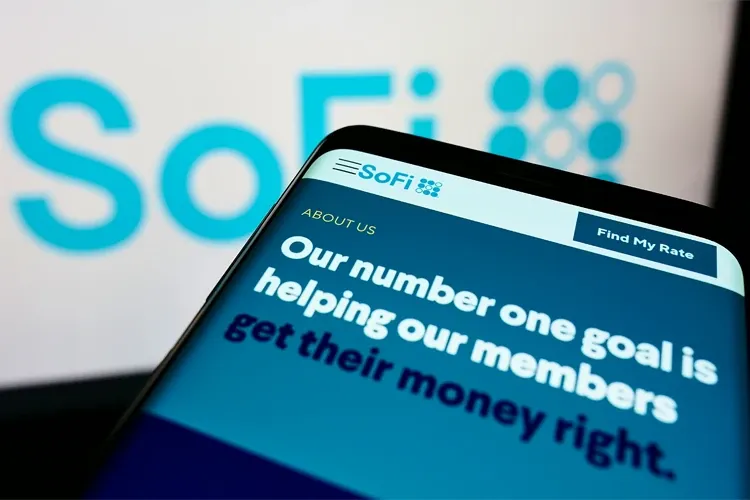President Biden faces increasing scrutiny for continuing the student loan payment moratorium. One of the country’s largest student loan refinancing companies, SoFi Lending Corp., filed a suit against the administration claiming the continued pause of federal student loan payments is costing millions.
Congress enacted the Coronavirus Aid, Relief, and Economic Security Act or CARES Act in March of 2020 at the beginning of the COVID-19 pandemic to provide emergency economic relief, which included a temporary six-month suspension on federal student loan payments.
When the suspension under the CARES Act expired, the U.S. Department of Education (DOE) declared an administrative moratorium in order to give Congress time to pass legislation to extend the suspension. Congress declined to do so.
The DOE issued a total of eight extensions with the most recent one in December of 2022. According to the Government Accountability Office (GAO), the administration’s student loan payment moratorium from March 2020 to April 2022 has cost the taxpayers $102 billion.
In support of seven of the extensions, the DOE invoked the Higher Education Relief Opportunities for Students Act or HEROES Act, which was designed to help U.S. troops avoid loan defaults when called into active duty.
According to the complaint filed by SoFi, the DOE claimed that pausing student loan repayments was necessary to avoid any disadvantages caused by the pandemic.
When the DOE announced its seventh extension, it also announced a $519 billion program to cancel millions in student loan debt. The Biden administration claimed that the program would help smooth the transition for those who would have to start making payments at the end of that extension.
Soon after the announcement, multiple lawsuits were filed to block the administration’s debt cancellation plan. Multiple courts found the program unlawful.
The DOE then announced an eight student loan debt payment extension. It did not cite the pandemic as the basis for this extension. Instead, it issued the extension so borrowers would not have to start making payments while the court cases worked their way through the legal system.
SoFi asserts this eighth extension was illegal. In its complaint, SoFi states:
The eighth extension of the loan moratorium is unlawful on multiple grounds. The HEROES Act provides limited authority to relieve transitory burdens for federal student borrowers who are temporarily unable to make payments on their loans due to active military service or national emergencies. But the eighth extension applies to all federal borrowers in the country, not just those suffering hardship as a result of the current phase of the pandemic. Indeed, the eighth extension does not even attempt to redress harm from the pandemic at all, but rather to alleviate “uncertainty” caused by the debt-cancellation litigation—a justification that the Act does not recognize or allow. And the eighth extension is also structured to address litigation uncertainty, not to return borrowers to the financial position that they would have occupied absent the current phase of the pandemic.
Although SoFi has remained silent about the lawsuit, its CEO Anthony Noto recently explained during a discussion at a conference hosted by Bank of America that this was a tough decision for the company. They understood there was a risk of harming its reputation that markets to younger generations as a new kind of bank.
“We definitely recognize the risk, but we also recognize the importance of being a leader in this country and a leader in this industry,” Noto stated during the exchange.
He emphasized that he also needs to protect company shareholders and shareholder value.
With several other student loan processing companies experiencing layoffs, and significant changes expected in the industry regardless of the outcome of the lawsuits, the industry could suffer if someone does not step up.
“The student loan refinancing market needs to be preserved,” said Noto. “It’s hard to preserve it.”



